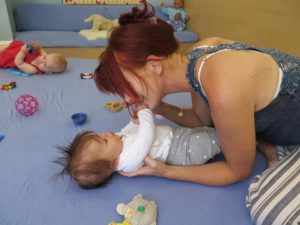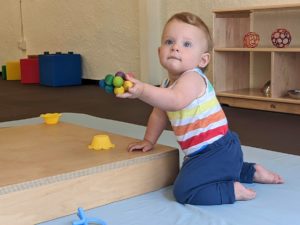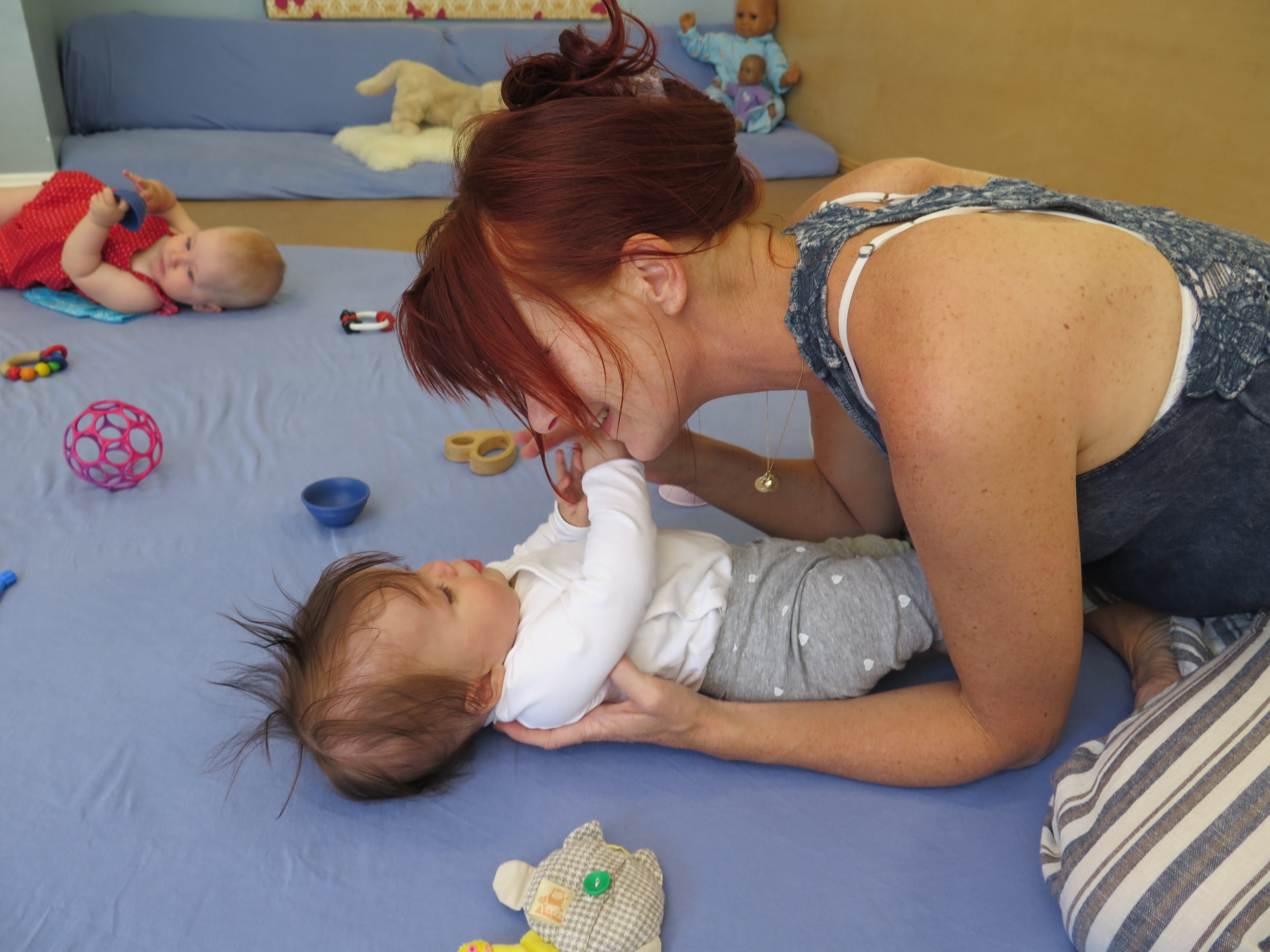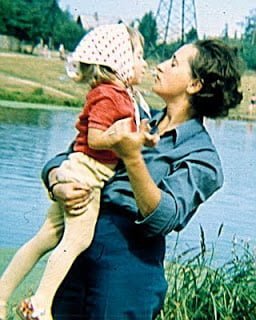We spent many weeks together in our RIE® Parent-Infant Guidance™ Classes, discussing how babies’ brains rapidly develop during the initial years and how early experiences shape their minds, influencing their future lives. We all contemplated the same notion: the responsibility we bear as parents for our babies’ well-being. Thus, we decided to compile a list aimed at fostering a sense of security, confidence, and assurance in our parenting journey.
Let’s collaboratively brainstorm what babies require in their first two years of life:
1. A Caring Adult
An essential caregiver – a trustworthy and dependable figure for our babies. As D.W. Winnicott asserted, a baby cannot exist in isolation; they necessitate the nurturing care of a mother (or caregiver) for their existence. Winnicott viewed the infant and mother as an inseparable unit (Winnicott, 1960). This grown-up should embody love, respect, confidence, and stability.
2. Establishing Connections
- Responsive Interaction
Respond differs from react. When a baby cries, our response involves verbal acknowledgment, such as, “I hear you. I wonder what you’re trying to communicate.” We approach babies with curiosity, seeking to understand their message. Respond by observing, getting closer, and maybe eventually, cradling our baby.
Parents or caregivers also respond when the baby engages in play, shows us a toy, makes eye contact, talks, or smiles.
- Meaningful Conversation
Engage in relevant dialogue with the child. Narrate what we do during the caregiving routine. Talking about what is relevant to the child. For instance, “I’ll be getting up in a moment to go to the kitchen. I will be back soon.” While we avoid talking all the time – incessant chatter. Observe what the baby does, when the baby looks at us you might want to narrate their actions: “You found a yellow ball.” Children benefit from both adult interaction and independent play.
- Embrace Honesty
Be truthful about when you are going to leave, doctor visits, and difficult emotions. Acknowledge painful experiences, like, “You fell, it was scared and painful.”
Clearly set boundaries; avoid sugarcoating or diverting the child’s attention.
- Active Listening
Attune to nonverbal or preverbal cues, observing body language and maintaining a presence.
- Quiet Observation
Quietly observing babies at play may seem passive, yet our presence communicates delight in their activities. Through “gentle eyes,” we convey appreciation and enjoyment of the time spent together: “What you are doing is meaningful and interesting to me.”
3. Ensuring Safety and Security
- Consistent Routine
A routine fosters a sense of predictability and safety, that is why young children thrive on routine and predictability. Moving at a leisurely pace helps babies process their surroundings.
- Tarry Time
Allow time between conveying an intention and executing it. For instance, say, “Let me wipe your nose…” then wait before proceeding. Granting additional processing time encourages cooperation, enhancing the child’s comfort and sense of control.
4. Creating Space for Exploration and Play
- Safe Space
Offer a safe environment for free exploration.
- Simple and Passive Play Objects
Provide uncomplicated toys that stimulate play and exploration.
- Uninterrupted, Independent Play
Allocate time for independent play without unnecessary disruptions.
- Outdoor Adventures
Include outdoor playtime as part of their routine.
“What do they truly require?” Caldwell inquired. “Love, communication, opportunities for exploration, safety, stability, novel experiences, and the repetition of enjoyable encounters. Verbal guidance in navigating the world and expressing their observations is indispensable. They need to feel loved, belonging to a family. Their needs are rather straightforward, and these are requirements we hope every child would have fulfilled.”
I warmly invite you to expand this list with your insights if additional items come to mind. It is clear that you’re thoughtful, conscientious, and respectful parenting greatly benefits your fortunate babies.
Let me know if you need more information about RIE® Parent-Infant Guidance™ Classes.
Wishing you all the best in this difficult yet exciting journey of parenting!
Warmly,
Teacher Kira






